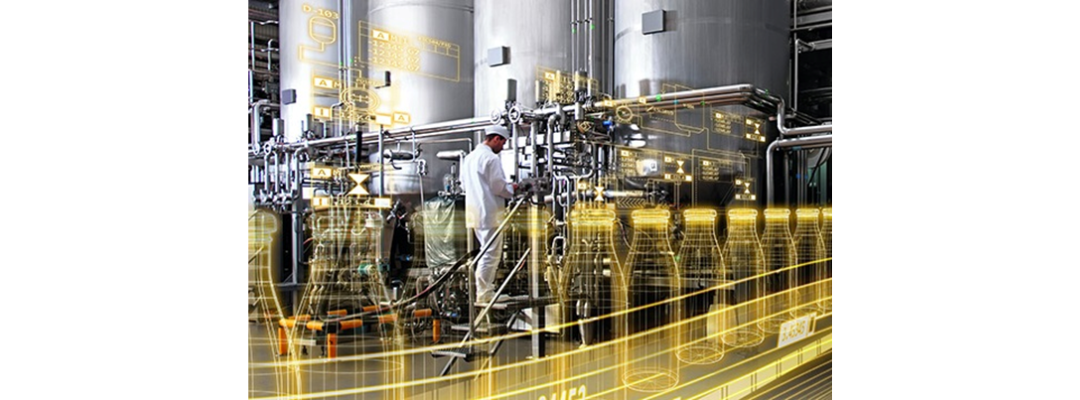In the food and beverage industry, maintaining quality, efficiency, and safety is of utmost importance. One key component that plays a crucial role in these operations is the pump system used for transferring liquids—particularly, vertical multistage pumps. This article will delve into the importance of these pumps in the industry, their functionalities, advantages, and the factors to consider when selecting the right pump for specific applications.
1. Understanding Vertical Multistage Pumps
Vertical multistage pumps are designed with multiple impellers stacked vertically, allowing them to transfer liquids under high pressure with minimal size requirements. These pumps are unique because they can effectively lift fluids from relatively low levels and provide the necessary pressure for downstream processes. Their design helps to overcome vertical height challenges, making them ideal for various applications within the food and beverage sector.
2. Key Features
High Efficiency: Thanks to their multistage design, these pumps can handle higher flow rates and pressures without consuming excessive energy.
Compact Design: The vertical orientation of the pump minimizes the space needed for installation while maximizing performance.
Versatile Applications: They can be used for a range of liquids, from pure water to more viscous fluids containing large solids.
Durability: Constructed from materials like stainless steel, these pumps are resistant to corrosion and wear, ensuring a longer lifespan in demanding environments.
3. Applications in the Food and Beverage Industry
Water Supply Systems
Water is a fundamental resource in the food and beverage industry, whether for rinsing products, processing ingredients, or creating finished goods. Vertical multistage pumps are commonly used to ensure efficient water supply to various processing stations, helping to meet the high demands with reliability.
Liquid Transfer
From transferring syrups, juices, and dairy products to moving cleansing agents and sanitizers, these pumps excel in fluid transfer. Their ability to handle multiple substances without compromising quality makes them invaluable in the production line.
Boiler Feed Applications
In breweries and other facilities where steam usage is crucial, vertical multistage pumps are employed to supply water to boilers, which is essential for creating the steam needed in cooking and cleaning processes.
CIP Systems
Clean-in-Place (CIP) systems are vital in maintaining hygiene standards in the food and beverage industry. These pumps play a critical role in moving cleaning solutions through equipment without requiring disassembly, ensuring thorough cleaning between batches.
4. Advantages of Using Vertical Multistage Pumps
Energy Efficiency: They are designed to provide high output while consuming less energy, contributing to lower operational costs and reduced environmental impact.
Space-Saving Design: Their vertical orientation requires less floor space, which is a significant advantage in facilities with limited room for large equipment.
Low Noise Operation: Many models are designed to run quietly, contributing to a more pleasant working environment, which can help improve employee satisfaction and productivity.
5. Considerations for Selection
When selecting vertical multistage pumps for specific applications in the food and beverage industry, several factors should be considered:
Fluid Characteristics: Understand the type of liquids being handled, including viscosity, temperature, and potential solid content.
Flow Rate and Pressure Requirements: Assess the required flow rate and the maximum pressure needed for your processes.
Material Compatibility: Choose pumps made from food-grade materials such as stainless steel to ensure compliance with hygiene and safety standards.
Regulatory Compliance: Ensure that the selected pumps meet industry regulations and standards, such as those specified by the FDA or other relevant authorities.
Maintenance and Reliability: Opt for pumps that are easy to maintain and have a reputation for reliability to minimize downtime in production.
Conclusion
Vertical multistage pumps represent a vital technology in the food and beverage industry, contributing to efficient fluid transfer, maintaining product integrity, and ensuring compliance with sanitary standards. Their versatility and efficiency make them suitable for a variety of applications, from water supply to cleaning systems. With careful consideration of specific requirements and operating conditions, food and beverage manufacturers can harness the power of these pumps to enhance operational efficiency, reduce costs, and uphold the highest standards of quality and safety.

